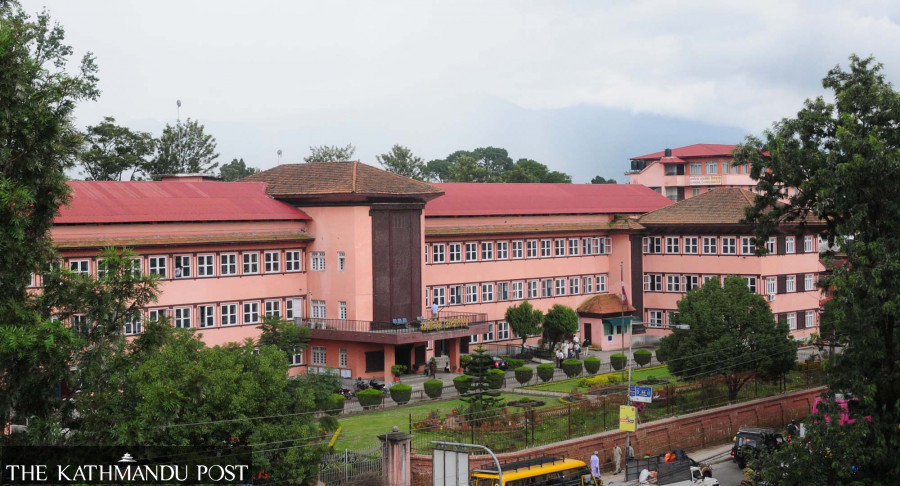Editorial
Going backwards
The idea that reservation must be based on need, and not caste, is flawed.
In response to a petition by Binay Kumar Panjiyar, a medical student who sought the court’s intervention in allowing him to pursue MD under a government scholarship, a division bench of Justices Bishowambhar Prasad Shrestha and Ananda Mohan Bhattarai said reservation should be for one time only and should not be used by a person repeatedly, adding that children from the communities listed for reservation in the constitution, who are in high-level government and other positions, too aren’t eligible for the facility. The ruling also goes on to add that the reservation provisions need to be revisited for affirmative action on the basis of need rather than caste. It has also noted that some well-to-do groups in the target communities have been taking advantage of the provision, and that class and caste shouldn’t be taken as criteria for reservation.
“The expectation of the constitution can be met only if need is prioritised over caste or class for reservation,” reads the Supreme Court verdict, which raises several burning questions: Who will define the need and the criteria that will decide who should or shouldn’t qualify for reservation? Are caste and class distinct forms of social stratification in Nepal? Is there quantifiable data that shows a sizeable proportion of beneficiaries have reaped benefits in the last 15 years? Has the country already achieved the social order it envisions while struggling to implement mere administrative measures of a federal setup? Has the progress of backward communities, especially the Dalit people who are the most marginalised and at the receiving end of atrocities and injustices, improved by leaps and bounds and to an extent where the country needs revisions in reservations? Or is this yet another backlash against the hard-won civil rights movements in Nepal that aims to emancipate the historically oppressed and denied?
There is currently a 45 percent reservation in government jobs and scholarships for people from various cluster groups as defined in the constitution. Still, despite these mandatory reservations for marginalised groups, data show that inclusive development has only been limited to political commitment. According to activists, there is also a tendency among state agencies to issue vacancy notices in small numbers to avoid the inclusion policy while applications from the dominant caste groups continue to be on the rise. Of the total applicants in the fiscal year 2019-20 for jobs in the federal government, as many as 28 percent were received from the hill Brahmin community, followed by Chhetris (17.94 percent) and Tharus (6.61 percent). According to the Public Service Commission, 45 percent of the jobs went to Brahmins, followed by Chhetris (12.83 percent), while 4.61 percent went to Tharus. If we analyse the Commission’s data for the years following the promulgation of the constitution, we will find that the composition of the civil service hasn’t changed as envisioned by the Civil Service Act 2007, and recruitment from the hill Brahmin community continues to remain disproportionately high compared to their population.
The idea behind reservation provisions is that our society must be founded on equality to ensure social order. It is a hard-won right enshrined in Nepal’s constitution that requires the government to prepare laws to advance and protect the interest of those at the bottom of the economic and social ladder. It was the 1990 constitution following the restoration of democracy which first envisioned the idea of “affirmative action” to ensure people from the marginalised communities can move up the socio-economic ladder. But the constitutional provisions were never a priority for successive governments. It wasn’t until 2015 when the new Constitution of Nepal was promulgated following a bloody war and the second people’s movement that a broader definition of reservation provisions detailing the beneficiary groups was explicitly spelt out in Article 18 (3). But six years on, the very idea of inclusivity and representation to guarantee the liberation of the oppressed hinges on the latest verdict by the Supreme Court that defeats the underlying political necessities of affirmative action in Nepal.
If the people from marginalised communities have to face discrimination each day of their lives, they cannot be told that the benefits of affirmative action can be taken only once.




 13.12°C Kathmandu
13.12°C Kathmandu














